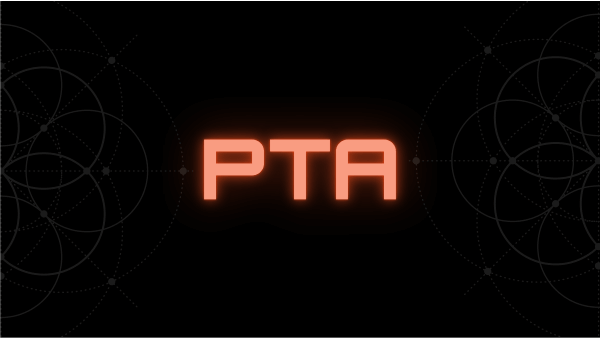What is the full form of PTA
PTA: Parent Teacher Association
PTA stands for the Parent Teacher Association. PTA is a formal association of parents and educators created to support and reform the educational system and get parents interested in their child's academics. The primary goal of any PTA is to promote the well-being of the children.

PTAs give parents and teachers a platform to collaborate on improving the school, teaching, and everything else that affects a child's physical and intellectual development in the early days. Parents and teachers can participate in PTA meetings to discuss and resolve any specific difficulties they may be having.
Need of PTA
- The PTA guides parents in the process, giving them a fresh perspective on the changes needed.
- By enabling two-way conversations between parents and teachers, it enhances home-school relations.
- The PTA also sometimes helps in raising funds to pay for additional facilities for the students.
- Also, it is necessary to strengthen parent-child interactions and increase teacher awareness of students' home lives.
- It gives the chance to discuss every student's academic progress.
- The PTA can be a means for parents to suggest changes at their child's school.
Objectives of PTA
The following are some of the main goals and objectives of PTA activities in schools:
- To improve communication between school and home.
- To advance the well-being of youth and children in the family, neighbourhood, and society.
- To improve the kid's quality of life at home.
- To motivate parents to get more active with their kids' schools; to lend support at major occasions like school events.
Significance of PTA
- It offers the chance to establish two-way interaction for the child's benefit.
- Offers an excellent chance for teachers and parents to collaborate on the kid's overall development.
- The PTA is an incredible forum for teachers and parents to exchange knowledge and information regarding children's growth.
- Teachers can learn about a child's weaknesses and talents by observing their parents' views or suggestions.
- Assists in understanding student performance, working to improve it and ensuring the children's best academic and non-academic performance.
Duties of Teachers and Parents
Any parent-teacher association cannot be deemed successful without complete collaboration on both ends, i.e., Parents and Teachers. Both have an important role.
Teachers play the following roles:
- To periodically update the parents on all school activities and occasionally connected events.
- To tell parents the results of their children's exams.
- Teachers should inform parents about any funds being raised in the school and inform them if the funds are being used for any distinct purpose.
- To talk with parents about their children's routines and assist in identifying their concerns.
- If a student repeatedly misses class, the teacher should contact his or her parents to find out the reason and help and encourage the student to attend class.
- Teachers are responsible for informing parents about trips or tours the school plans to take their kids on.
- Informing parents if children consistently fail to finish any assigned task or schoolwork given by the school.
- The teacher should talk with the pupil about their behaviour at school.
Basic education for children is provided in the home only by the parents before they enter school. Parental involvement is crucial for the student's overall development. Some of the important roles of parents are as follows:
- Parents need to keep a close eye on their kids' activities.
- Parents ought to talk to teachers frequently about their children's home lives.
- Parents should participate in PTA meetings at all times.
- Parents must always encourage their children to engage in the multiple activities offered at school.
- Receiving the kids' exam results timely and speaking with the teacher about them.
- Observing the youngsters' enthusiasm for learning and school.
- Parents should maintain regular contact with the teacher and get complete information about the school and its children.
| 
 For Videos Join Our Youtube Channel: Join Now
For Videos Join Our Youtube Channel: Join Now










